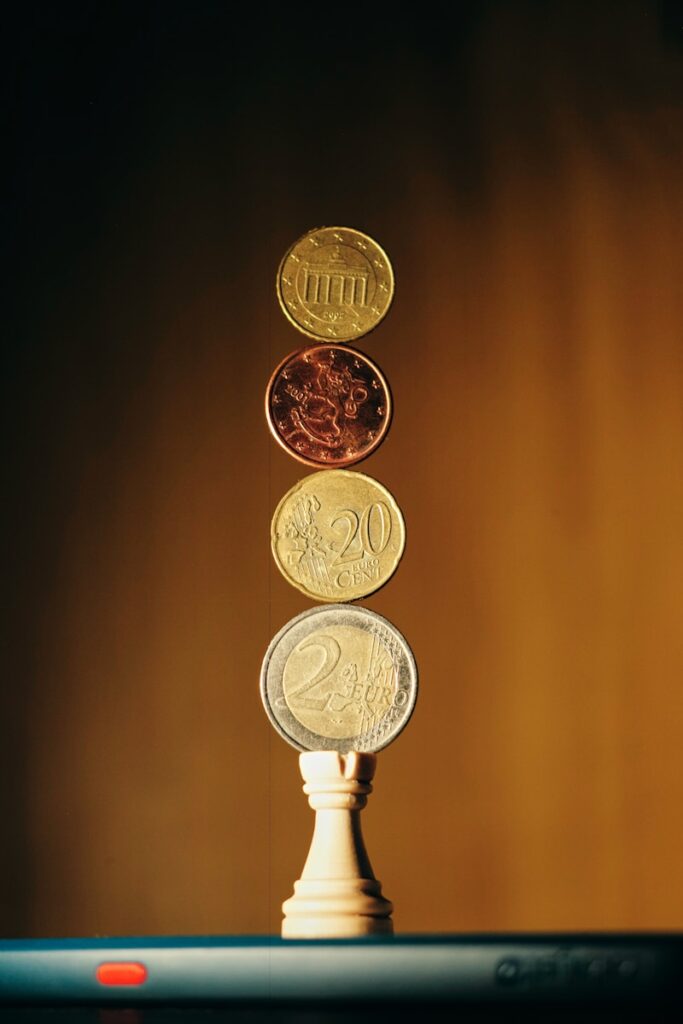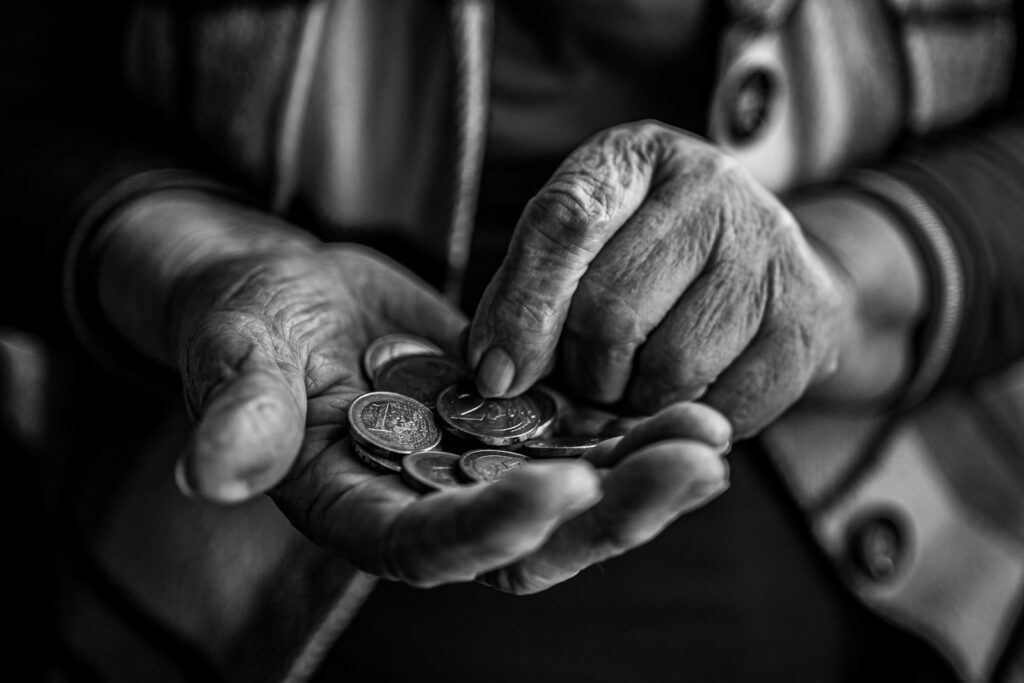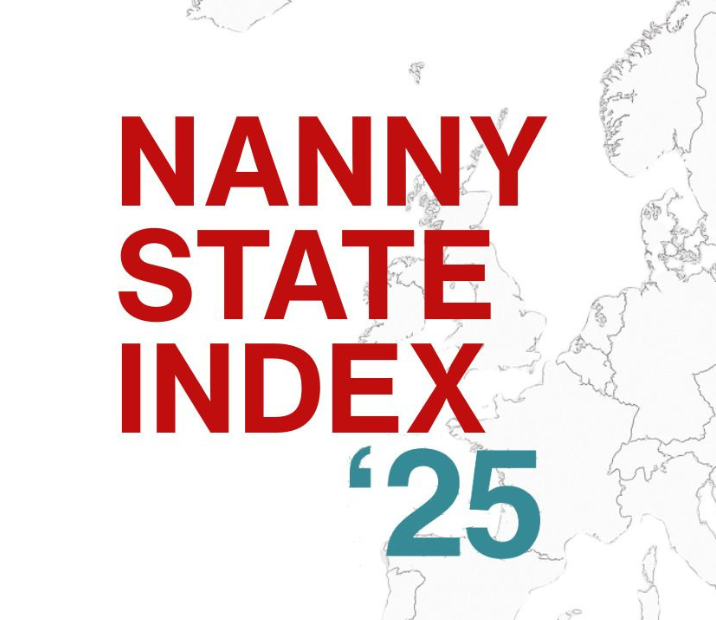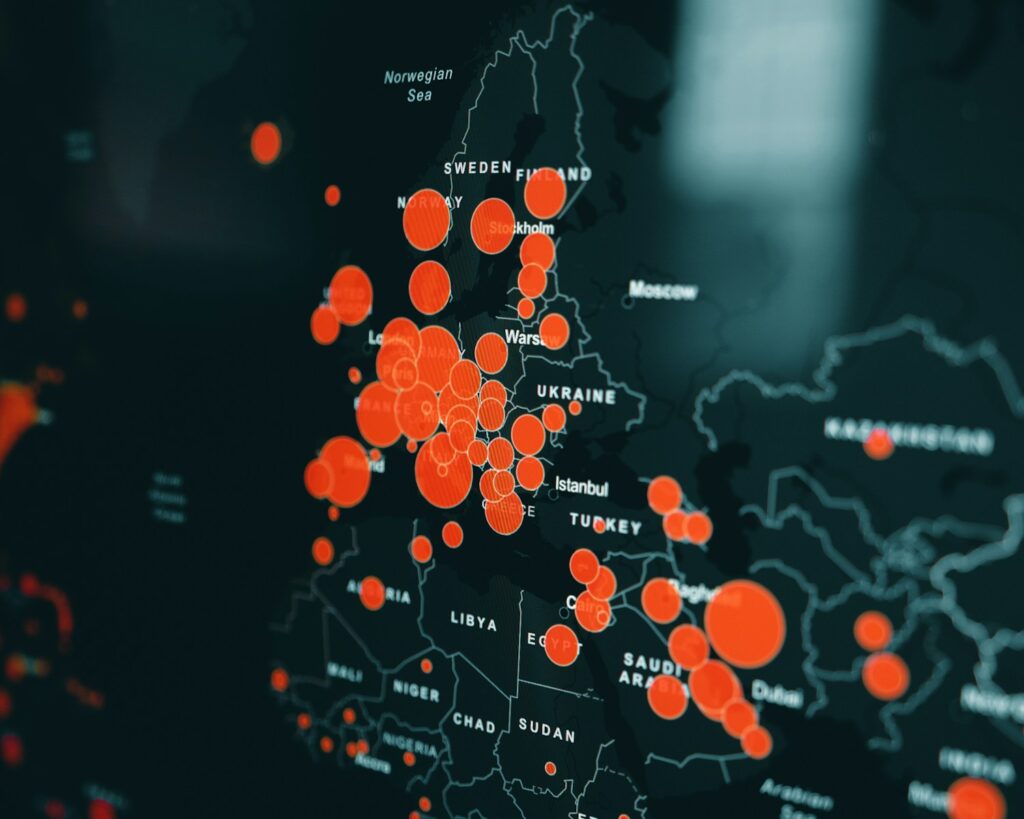
Europe Needs Strong, Not Weak Euro
BY
LFMI / September 23, 2025
European policymakers and large exporters are increasingly uneasy about the euro’s rise — particularly against the U.S. dollar. But this concern is misplaced. Like arguments for tariffs, it mistakes accounting effects for economic damage. A stronger euro does not weaken Europe; it strengthens it.






![Kosovo on Global Stage with Drilon S. Gashi [PODCAST] Kosovo on Global Stage with Drilon S. Gashi [PODCAST]](https://4liberty.eu/phidroav/2025/08/1-1024x1024.png)


![Can Populists Take Over the European Project? with Teresa Coratella [PODCAST] Can Populists Take Over the European Project? with Teresa Coratella [PODCAST]](https://4liberty.eu/phidroav/2025/07/2-1024x1024.png)
![Portuguese Politics Explained with Ricardo Silvestre [PODCAST] Portuguese Politics Explained with Ricardo Silvestre [PODCAST]](https://4liberty.eu/phidroav/2025/07/RSpod3-1024x1024.png)
![Insights on the Iranian Regime and Society with Walter Posch [PODCAST] Insights on the Iranian Regime and Society with Walter Posch [PODCAST]](https://4liberty.eu/phidroav/2025/06/Liberal-Europe-Podcast-Walter-Posch-1024x1024.png)